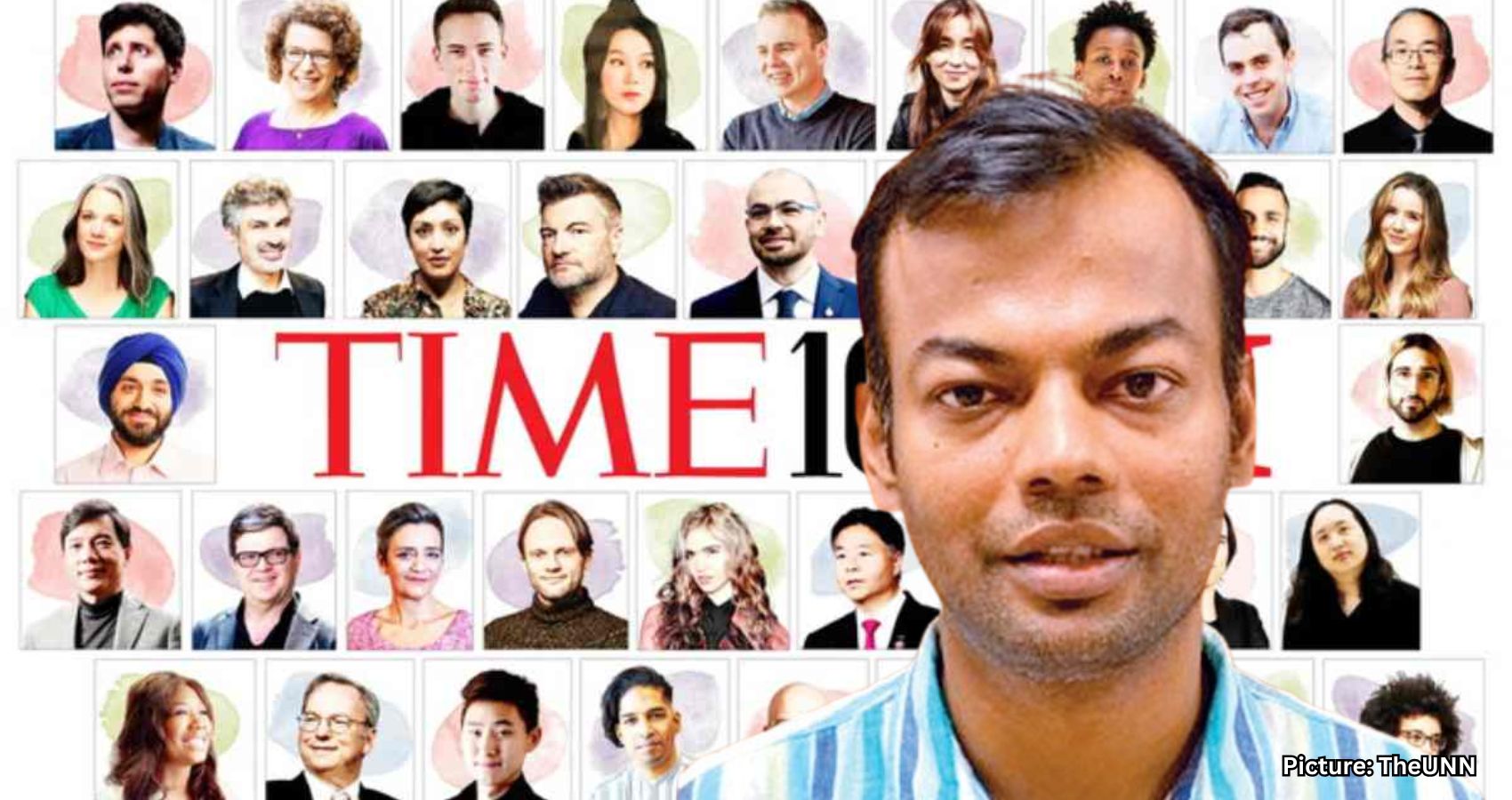Mitesh Khapra, an associate professor at IIT Madras, has been named to TIME magazine’s 2025 list of the 100 most influential people in artificial intelligence for his contributions to language technology.
NEW DELHI – Mitesh Khapra, an associate professor at the Indian Institute of Technology (IIT) Madras, has earned a spot on TIME magazine’s 2025 list of the 100 most influential people in artificial intelligence. His recognition places him alongside prominent figures such as Elon Musk and Sam Altman, but it is his unique focus on academic research that sets him apart.
Khapra’s work primarily revolves around natural language processing and machine learning, particularly as they pertain to India’s diverse linguistic landscape. As a co-founder of the AI4Bharat initiative, he has played a pivotal role in developing open-source tools and datasets that have become essential for a thriving ecosystem of startups focused on voice technology for local languages.
His commitment to making artificial intelligence accessible across India’s myriad languages is evident in his research efforts. Recognizing that many Western AI models do not adequately address the needs of underrepresented languages, Khapra’s lab embarked on an ambitious project. Researchers traveled to nearly 500 of India’s 700 districts to record thousands of hours of speech, resulting in a comprehensive dataset that encompasses all 22 official languages of the country.
This extensive data collection has not only supported startups but has also aligned with the Indian government’s ‘Bhashini’ mission. This initiative aims to provide digital services in local languages through AI, making technology more inclusive. The open-source datasets generated by Khapra’s team are also utilized by major global tech companies to enhance their AI models for Indian languages, including Hindi and Marathi.
Khapra has observed a significant shift in India’s academic landscape as a result of his work. “Fifteen years ago, an average PhD student in India working on language technology would mostly focus on English-related problems,” he noted. “But now, with the availability of these datasets, I see a shift; Indian students are increasingly working on challenges specific to Indian languages.”
His contributions to the field of AI and language technology are not only shaping the future of artificial intelligence in India but are also fostering a new generation of researchers dedicated to addressing the unique linguistic challenges of the country.
As Khapra continues to innovate and inspire, his recognition by TIME serves as a testament to the importance of inclusivity in technology and the potential for AI to bridge linguistic divides.
Source: Original article

